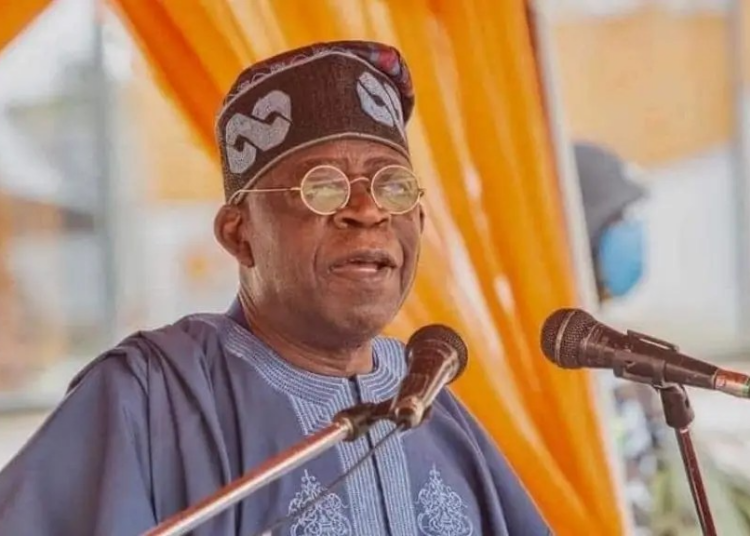A private sector policy think tank, Agora Policy, has urged the incoming administration of Senator Bola Ahmed to prioritise personal prudence, fiscal responsibility, effective oversight on government establishments and implementation of the Oronsaye Report for civil service restructuring – for it to deliver on good governance.
In a new report on ‘How to Accelerate Governance and Public Service Reforms in Nigeria,’ Agora Policy said it believes that the feeling of a movement towards reform will lift the whole governance ecosystem.
“…this would mean showing personal prudence, fiscal responsibility and attempting to gain first-hand knowledge of what citizens experience when they come into contact with their government. This can be done through unscheduled visits to public organisations and ‘mystery shopping’ which entails seeking the provision of public goods while pretending to be an ordinary citizen,” Ogora Policy said.
It also asked the incoming administration to revisit the over a decade-old Oronsaye Report, saying most of its recommendations that include recommendation for the abolition or merger of some agencies of government remain valid.
Since the recommendations, only the National Poverty Eradication Programme (NAPEP) has been abolished, but in its stead a new Ministry of Humanitarian Affairs, Disaster Management and Social Development has been created.
To pull the levers that will trigger an acceleration of governance and public service improvements in Nigeria, the policy think tank said the new president, in words and actions, should create a sense of a reform movement in which the whole is greater than the sum of the parts. He should lead this movement through personal examples.
“There is an urgent need to reduce the cost of governance and cut waste. Initiatives here should include implementing the Oronsaye Report in phases and removing petrol subsidy.
“There is a need to rebalance the public service to ensure that personnel are deployed in the areas of greatest need and that future recruitment priorities essential workers like doctors and other health workers, police officers, teachers and quality-of-service inspectors.
“There is a need to raise productivity by facilitating an increase in agricultural and manufacturing output and promoting information and communication technology, particularly with payment systems where Nigeria competes favourably with the best in the world,” it said in the report obtained by this newspaper yesterday.
For Agora Policy, there is a need for enhanced focus on performance management. Particularly, it would be necessary to set priority targets at the start of the administration. In its view, ministers should also be issued ministerial mandate letters where the president sets out his personal expectations of each minister upon their appointment.
It also recommended that the current performance management system in place for tracking the performance of ministries be sustained and that a similar system for tracking the performance of agencies be put in place.
Agora Policy said the government should focus on strategic and agenda-building communication rather than on reluctant, reactive and defensive communication.
“Government should have people that are grounded in public policy and strategic communication, engaging with the public, explaining government policies in a relatable way and channelling constructive feedback from citizens into improved delivery of public services. The usual practice of engaging journalists principally to defend the administration and attack perceived political foes is now outdated and ineffective.
“Government’s approach to policy making should be more thoughtful, technically sound and consultative. Thoughtless and arrogant policymaking inflicts unnecessary hardship on citizens, damages the economy and erodes any goodwill the people may have for the government,” it stated in its agenda setting for policy reforms.
In its latest memo, the policy think tank focused on seven levers: creating a sense of a reform movement; cutting waste and reducing the cost of governance; rebalancing the public service; raising productivity; improving performance management; connecting with the public, and improving the quality of policymaking.
The organisation said since 2007, a sense of a reform movement: a feeling that Nigeria is serious about improving governance for its citizens and that the whole is greater than the sum of the parts, has been missing.
It, therefore, urged the new president to set the tone very early on in the administration that it will no longer be business as usual.
“The president must rise to the responsibility of reforms through the challenge of personal example,” it stated.











